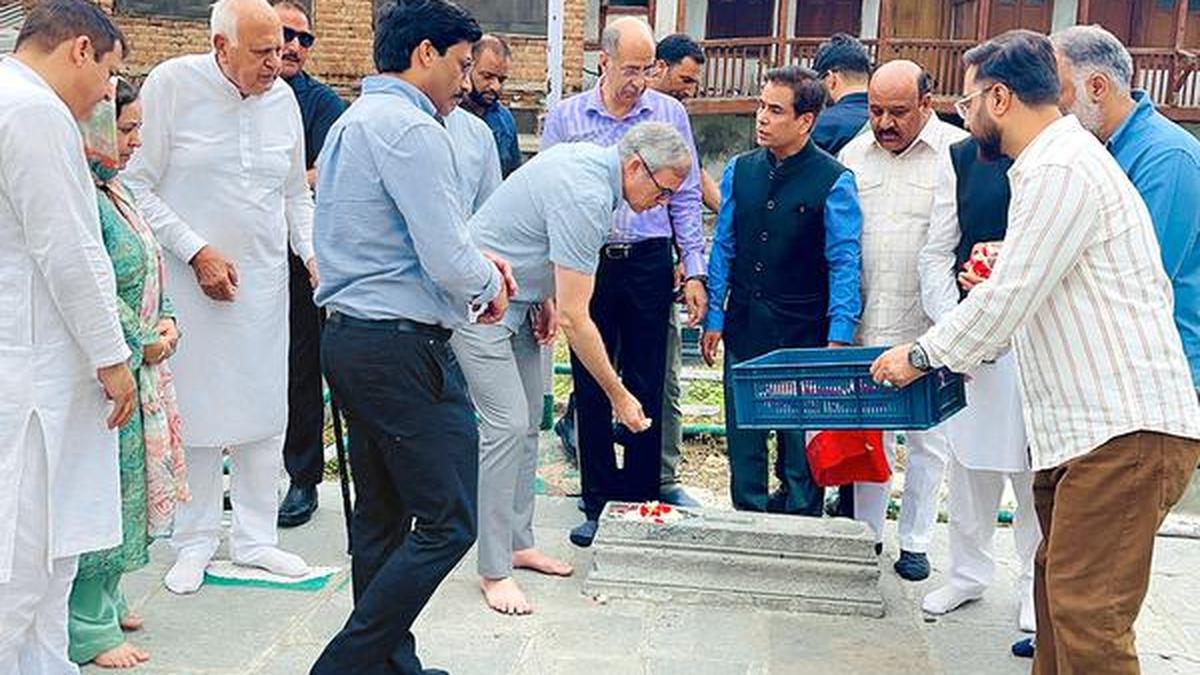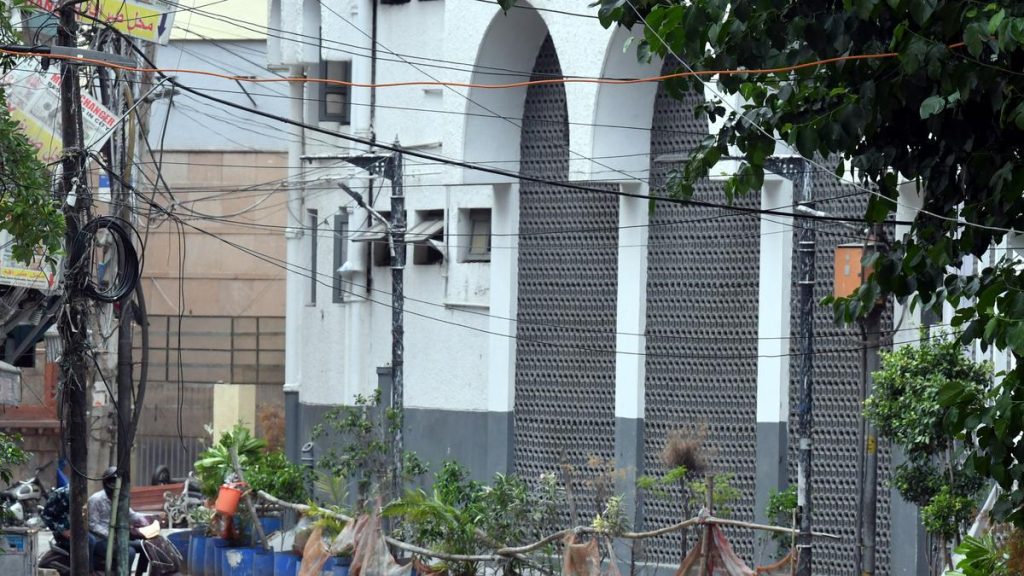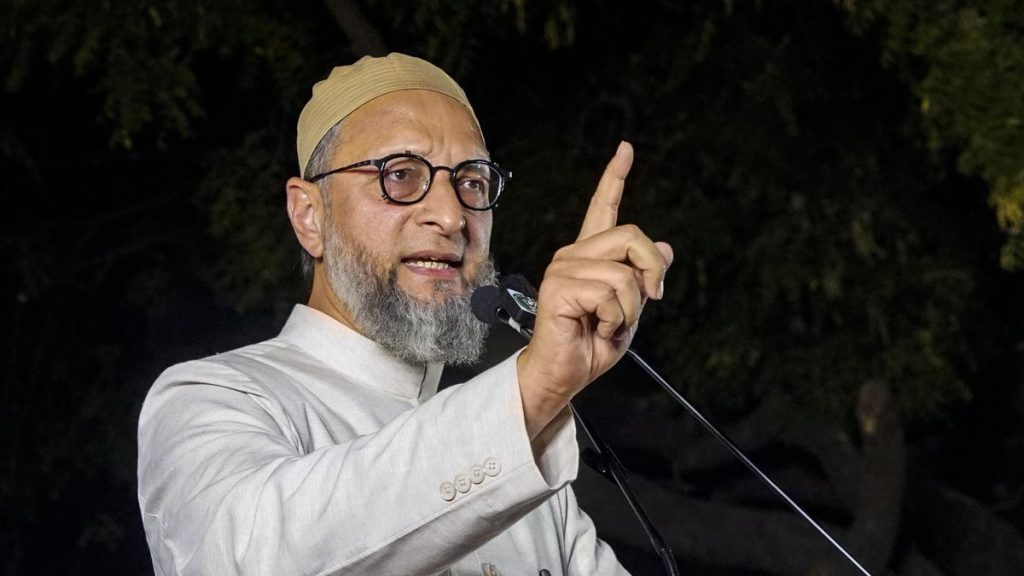Now Reading: Martyrs’ Day in Kashmir: Revisiting its History Amid BJP’s Apathy
-
01
Martyrs’ Day in Kashmir: Revisiting its History Amid BJP’s Apathy
Martyrs’ Day in Kashmir: Revisiting its History Amid BJP’s Apathy

Quick Summary
- Event Context:
– On July 13, 2025, J&K’s Chief Minister Omar Abdullah defied restrictions imposed by the Lieutenant-Governor (L-G), paying tribute to the 22 civilians killed during a protest against Dogra rule on July 13, 1931.
– The L-G had barred all political parties and government officials from commemorating the event at the martyrs’ graveyard in Srinagar.
- Omar Abdullah’s Actions:
– Omar Abdullah managed to visit Naqsbandh sahib shrine by scaling a wall and offering prayers despite police attempts to stop him. He criticized authorities for blocking commemorations.
– Othre National Conference (NC) leaders were either detained or placed under house arrest. leaders from PDP, JKAP, and JKPC also faced similar restrictions.
- Historical Background:
– The events of july 13, 1931 saw Dogra police firing on Muslim protestors demanding rights and opposing oppressive policies. These casualties are recognized as “martyrs” within J&K’s historical memorialization.
– This day has been observed annually as ‘Martyrs’ Day,’ but its official status was revoked post-abrogation of Article 370 in august 2019.
- BJP’s Stance:
– BJP neither recognizes nor observes Martyrs’ day, considering the victims “rioters” rather than national heroes. The party instead honors its own figureheads like Tika Lal Taploo on Balidan Diwas each September.
- Current Situation:
– No official Martyr’s Day observances took place after permissions were denied by local authorities citing security concerns. Regional leaders protested these preventive measures.
Indian Opinion Analysis
The confrontation over ‘Martyrs’ Day’ underscores crucial tensions between regional identity in Jammu & Kashmir and New Delhi’s administrative decisions post-abrogation of Article 370. While Omar Abdullah’s defiance highlights an effort to preserve historical memory tied strongly to Kashmiri self-determination narratives, it also illuminates ongoing discontent with perceived centralization of authority by New Delhi-appointed officials.
Denying permission for public events suggests the governance remains wary of functions that could become politically charged or evoke sentiments challenging dominant state narratives. However, such moves may alienate regional stakeholders further. Politically criminalizing long-standing traditions could exacerbate communal divisions if not addressed dialog constructively across diverse perspectives in Jammu & Kashmir society moving ahead sustainably provide space nuanced identity negotiation locally longstanding disputes үеdispatcher intrusion-sensitive agreeing-balanced transparent























